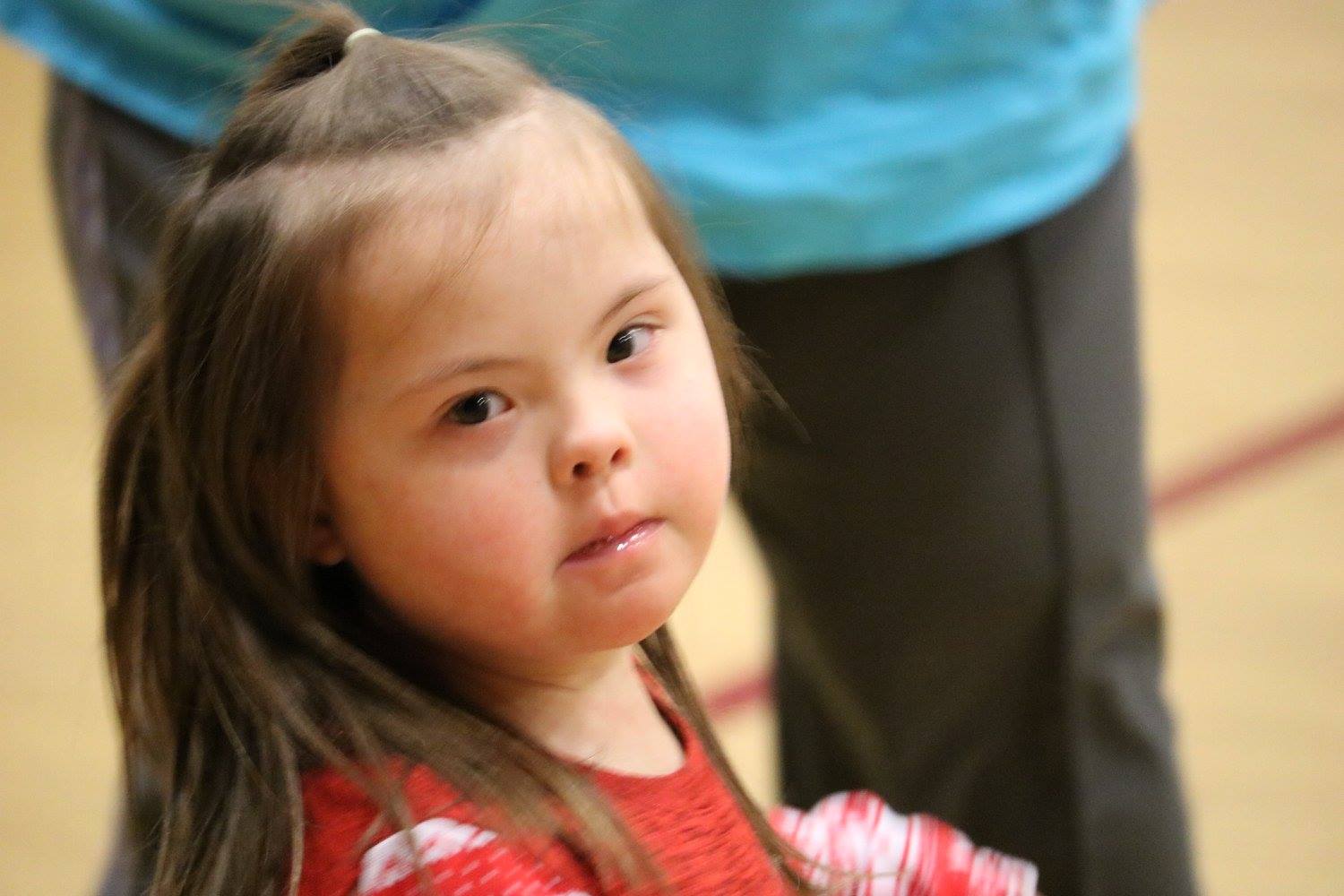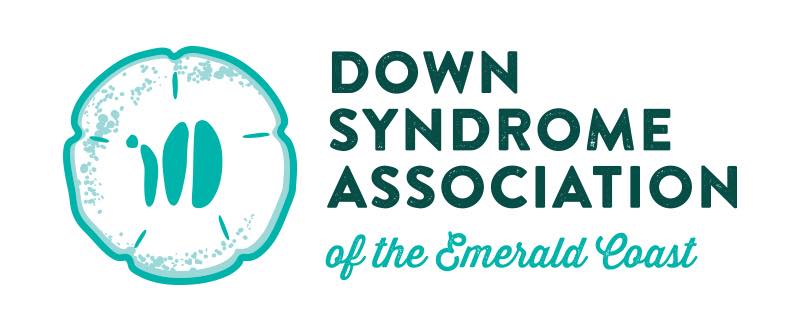About Down Syndrome
- Down syndrome occurs when an individual has a full or partial extra copy of chromosome 21. This additional genetic material alters the course of development and causes the characteristics associated with Down syndrome
- There are three types of Down syndrome: trisomy 21 (nondisjunction) accounts for 95% of cases, translocation accounts for about 4%, and mosaicism accounts for about 1%
- Down syndrome is the most commonly occurring chromosomal condition. Approximately one in every 700 babies in the United States is born with Down syndrome – about 6,000 each year
- Down syndrome occurs in people of all races and economic levels
- The incidence of births of children with Down syndrome increases with the age of the mother. But due to higher fertility rates in younger women, 80% of children with Down syndrome are born to women under 35 years of age
- People with Down syndrome have an increased risk for certain medical conditions such as congenital heart defects, respiratory and hearing problems, Alzheimer’s disease, childhood leukemia and thyroid conditions. Many of these conditions are now treatable, so most people with Down syndrome lead healthy lives
- A few of the common physical traits of Down syndrome are: low muscle tone, small stature, an upward slant to the eyes, and a single deep crease across the center of the palm. Every person with Down syndrome is a unique individual and may possess these characteristics to different degrees or not at all
- Life expectancy for people with Down syndrome has increased dramatically in recent decades – from 25 in 1983 to 60 today
- People with Down syndrome attend school, work, participate in decisions that affect them, have meaningful relationships, vote and contribute to society in many wonderful ways
- All people with Down syndrome experience cognitive delays, but the effect is usually mild to moderate and is not indicative of the many strengths and talents that each individual possesses
- Quality educational programs, a stimulating home environment, good health care and positive support from family, friends and the community enable people with Down syndrome to lead fulfilling and productive lives

Subscribe to Email Updates
If you would like to recieve email updates please complete the subscription form right here.
Get in Touch. Get Involved.
Use this form below to contact us directly.
